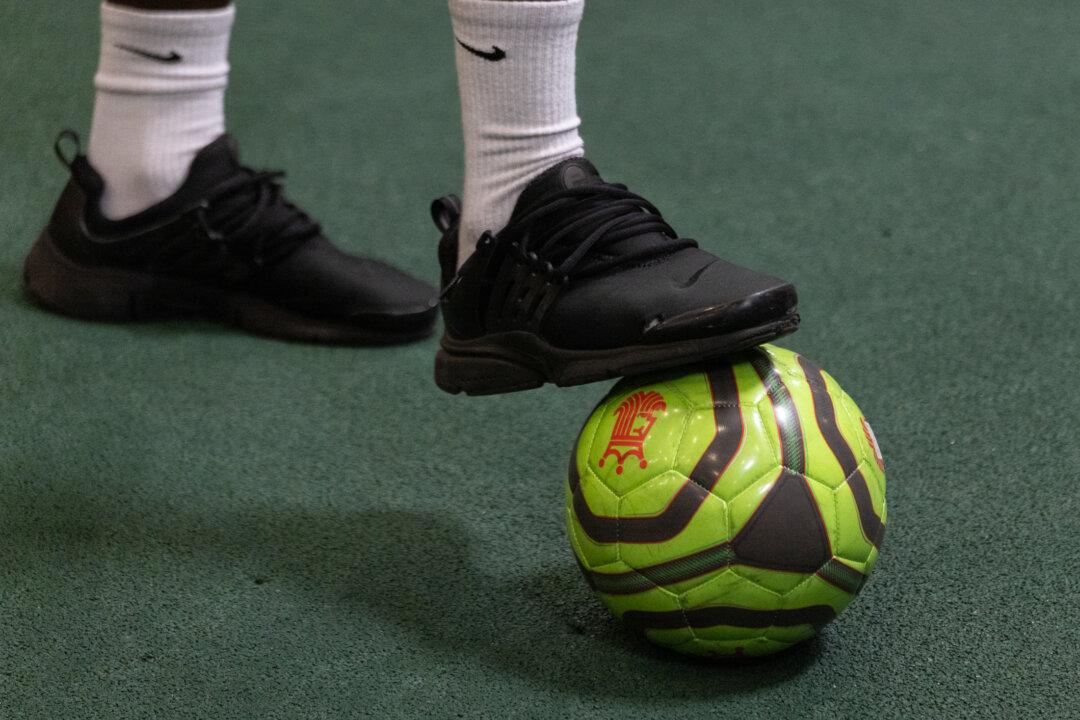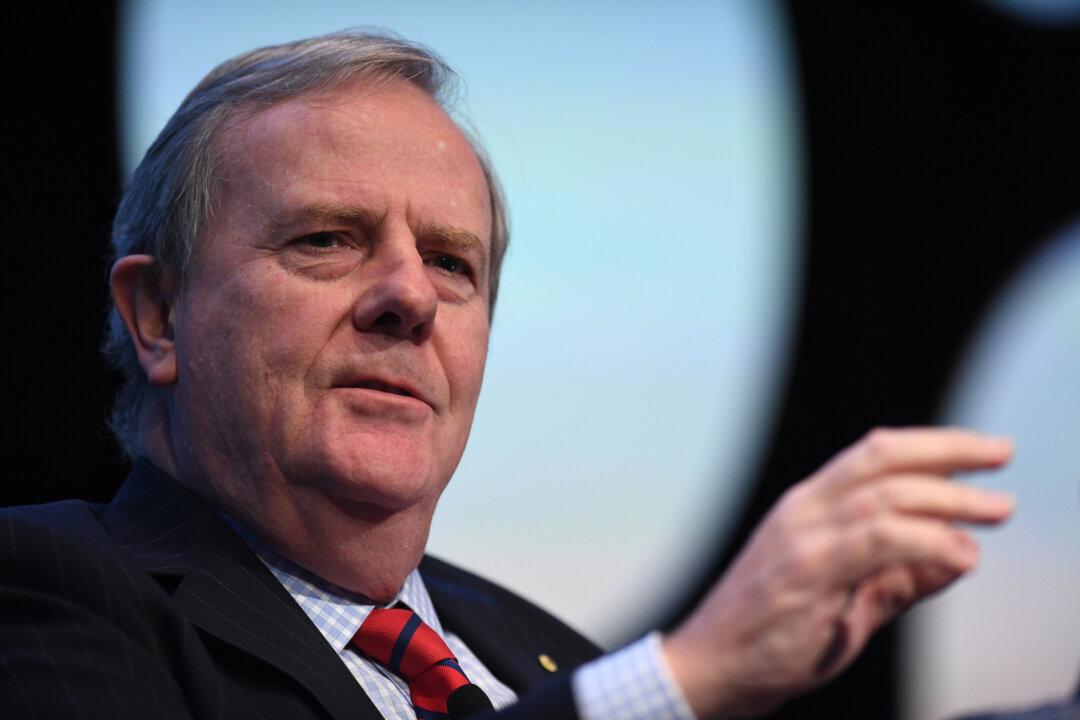Concerns over the physical safety of female-born football (soccer) players competing against transgender athletes have compelled at least 20 players to quit, according to a source from within a Sydney-based league.
Calling itself the “biggest LGBTQIA+ women’s and non-binary football club in the world,” the Flying Bats FC has made international headlines for fielding 5 self-identifying transgender players, with at least nine transgender players in the wider NorthWest Association.





